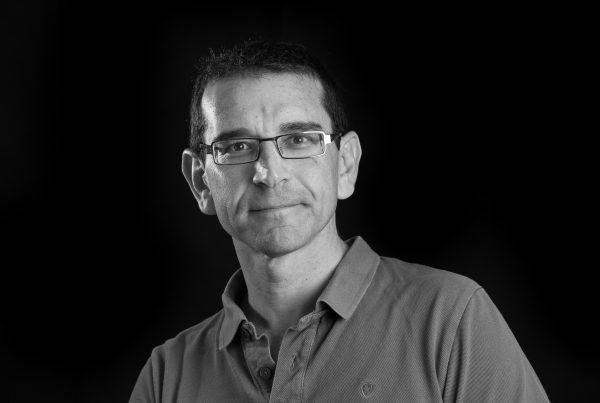
Diego F. Torres
Institut de Ciències de l'Espai
Experimental Sciences & Mathematics
Research interests
The familiar sights of peacefully shining stars would be replaced by something extreme and variable should you look with gamma-ray eyes. You would be glancing at the most energetic phenomena known in astrophysics: accreting masses around black holes, pulsars, close binaries, regions of stellar formation, explosions of supernovae, and others. I develop theoretical models for these scenarios, and test them with observations using ground-based telescopes and satellites. My research focuses on compact objects and cosmic rays. My earlier research includes gravitation and cosmology; particularly, scalar-tensor theories and non-minimal couplings, scalar dark matter, boson stars, gravitational lensing, and wormholes. I published several papers on all these topics. My research group hosted about 30 scientistssince its foundation in 2006. You can know more about all this, including links to my publicatoins, from my webpage, https://sites.google.com/view/dft-research
Selected publications
- Soriano JF, Anchordoqui LA & Torres DF 2018, 'Photo-disintegration of He-4 on the cosmic microwave background is less severe than earlier thought', Physical Review D, 98, 4, 043001.
- Li J, Torres DF, Lin TT, Grondin M-H, Kerr M, Lemoine-Goumard M & de Ona Wilhelmi E 2018, 'Observing and Modeling the Gamma-Ray Emission from Pulsar/Pulsar Wind Nebula Complex PSR J0205+6449/3C 58', Astrophysical Journal, 858, 2, 84.
- Torres DF & Lin T 2018, 'Discovery and Characterization of Superefficiency in Pulsar Wind Nebulae', The Astrophysical Journal Letters, Volume 864, Issue 1, article id. L2, 8 pp.
- Li J, Torres DF, Coti ZF, Papitto A, Kerr M & Rea N 2018, 'Theoretically Motivated Search and Detection of Non-thermal Pulsations from PSRs J1747-2958, J2021+3651, and J1826-1256', The Astrophysical Journal Letters, volume 868, issue 2, article id. L29, 7 pp.
- dos Anjos RC, Soriano JF, Anchordoqui LA, Paul TC, Torres DF, Krizmanic JF, Paglione TAD, Moncada RJ, Sarazin F, Wiencke L & Olinto AV 2018, 'Ultrahigh-Energy Cosmic Ray Composition from the Distribution of Arrival Directions', Physical Review D, 98, 123018.
- Torres DF 2018, 'Order parameters for the high-energy spectra of pulsars', Nature Astronomy, 2, 3, 247 - 256.
Selected research activities
-Director of the Institute of Space Sciences (ICE, CSIC).
-Published 11 papers this year. Most (9/11) with small groups of authors or alone, and 2 with large collaborations.
-Member of Fermi-LAT and the Cherenkov Telescope Array.
-Editor-in-Chief, Journal of High Energy Astrophysics, Elsevier.
-Director, Sant Cugat Forum on Astrophysics.
-Have been an evaluator for projects or promotions of several countries and a peer reviewer for several astrophysical journals.